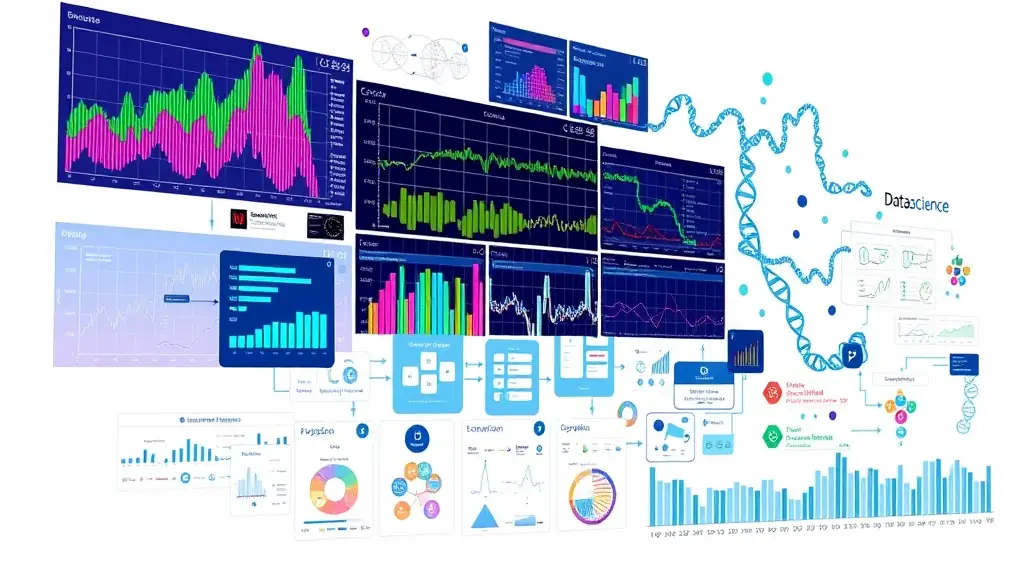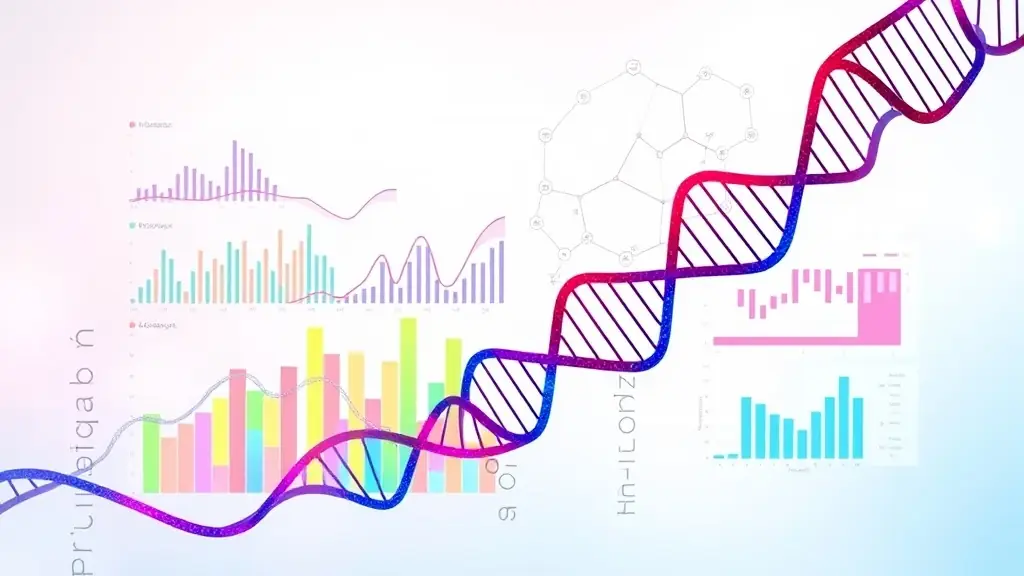Data science has emerged as a transformative force in various industries, and bioinformatics is no exception. The ability to collect, analyze, and interpret large datasets is crucial for advancing our understanding of biological processes. In bioinformatics, data science techniques are applied to genomic data, enabling researchers to uncover patterns and insights that were previously unattainable. This integration of data science into bioinformatics is paving the way for new discoveries and innovations in healthcare and research.
One of the most significant contributions of data science to bioinformatics is the development of predictive models. These models can forecast disease outcomes based on genetic information, allowing for more personalized treatment approaches. Additionally, machine learning algorithms are being utilized to identify potential drug candidates by analyzing biological data. This synergy between data science and bioinformatics is enhancing the efficiency of research and accelerating the pace of scientific discovery.
As we look to the future, the collaboration between data scientists and bioinformaticians will be essential for tackling complex biological questions. The demand for professionals who possess expertise in both fields is growing, as organizations seek to leverage data-driven insights for better decision-making. By embracing the power of data science, the bioinformatics community can continue to push the boundaries of what is possible in understanding and treating diseases.




